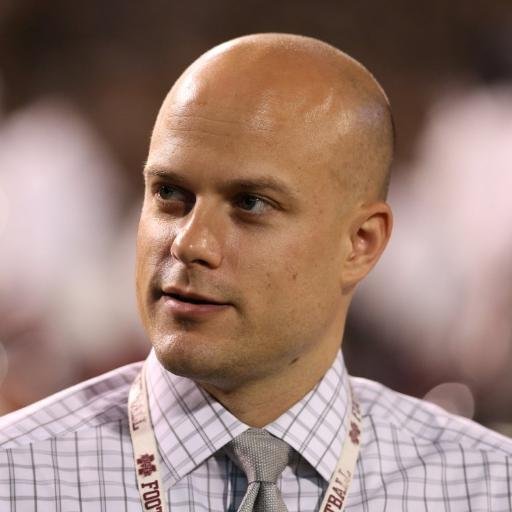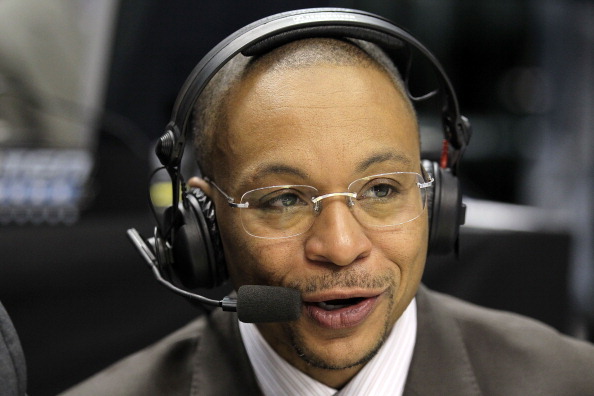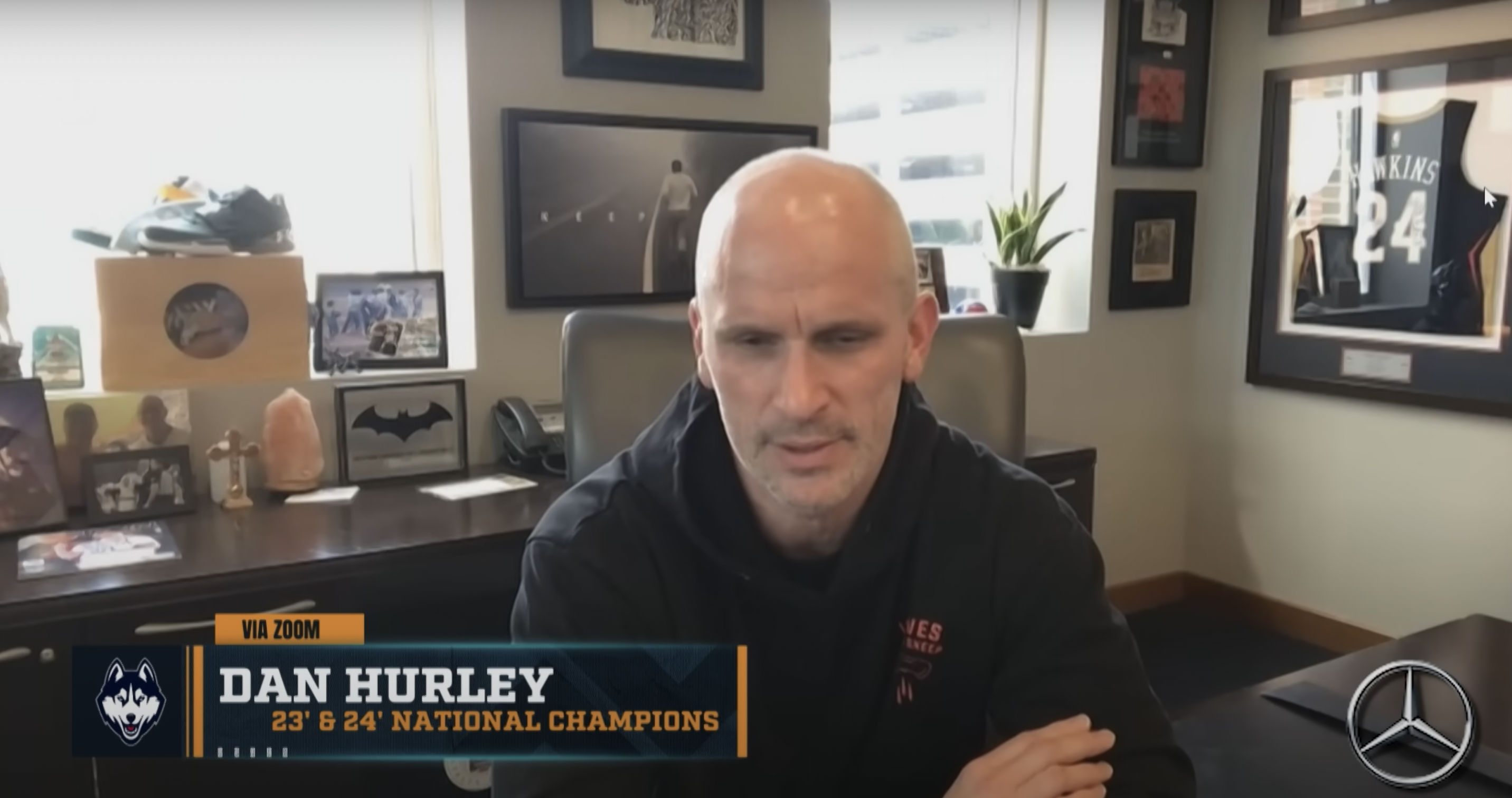From South Carolina to Michigan to Illinois to Idaho and Houston, college football programs have often tried to control their media coverage, and it usually hasn’t ended well for them. Now, it seems Mississippi State is getting in on the game. Football Scoop’s Scott Roussel wrote a post Friday about a tweet from Mississippi State assistant athletic director/media relations Bill Martin saying Football Scoop got a story on MSU right for the first time in two years and about their subsequent phone conversation, with Roussel citing chapter and verse on the times the site had in fact been accurate. That’s all interesting enough in its own right, but the most notable part comes from Martin’s comments on his dealings with the local media:
Martin: Look man, I don’t view you as traditional media. We’re trying to train our local coverage that everything needs to come through us first. We’ve told them point blank that they shouldn’t write articles based off of your tweets or reports.
“Train our local coverage” is a horrible word choice and idea, as there are few things journalists balk at more than the suggestion that PR departments are telling them how to do their job. See the Twitter responses Martin got Friday:
https://twitter.com/38Godfrey/status/693109997497106432
https://twitter.com/BeastManSteve/status/693119827100200960
I love what @FootballScoop has to say here.@MSUBillMartin can't control the media, even if he wants to. https://t.co/6Ltb7ruu64
— John C. Frémont (@SaturdaysInReno) January 29, 2016
Not a good look for @MSUBillMartin regarding his interaction with @FootballScoop
— MixedSemaphore (@MixedSemaphore) January 29, 2016
Martin hasn’t discussed the story on Twitter or offered his side of it, and there may be further context to this. If there is, he should put it out there.
Update: It is worth noting that some local journalists, including Logan Lowery of the Northeast Mississippi Daily Journal, defended Martin and Mississippi State in the wake of this and suggested there wasn’t this kind of attempted control going on.
Bill has been first class and professional since I've met him. He's never once told me what I can or can't write. https://t.co/oiJ2i6LyzR
— Logan Lowery (@loganlowery) January 29, 2016
No athletic department should tell journalists what they should and shouldn’t write off of, as that’s not only a bad approach, but one that doesn’t work. The degree to which that actually happened here is in dispute, though. If this was entirely about Martin telling local media “FootballScoop has often been wrong and shouldn’t be trusted” and proving that, that’s a different conversation. Still, he admits elsewhere in his conversation with Roussel that he criticized some stories not for inaccuracy, but because they came at a bad time for the university:
Scott: Wait, there’s more…We reported that Tony Hughes was going to get the Jackson State job…and you guys flat denied it. In fact, you fed local media a line of “Tony hasn’t even spoken with them” the day before he accepted the job.
Martin: Well, you reported that right in the middle of a critical recruiting period.
Scott: Right, and it was a done deal when we reported it. Then you guys deny he’s even had contact with them and then miraculously the next day he’s the new head coach. That’s not right Bill.
“You reported that right in the middle of a critical recruiting period” is the worst possible defense for denial of something that’s factual, and it shows the problematic ways many schools are trying to control their media coverage. This is right in line with since-fired Illinois coach Tim Beckman’s attempt to have media cover his program only in positive ways. Schools want what’s best for the school, but media shouldn’t. Also, at least from Roussel’s account of this, Martin doesn’t cite any specific instances where FootballScoop was actually wrong. Martin goes on to make Roussel a less-than-stellar offer:
Scott, look, let me make you an offer that I bet no one has ever offered you. How about anytime in the future when you have something regarding Mississippi State you call me. I’ll tell you if it is true and if it is a good time to report it.
“A good time to report it” shouldn’t be any of FootballScoop’s concern, and “I’ll tell you if it is true” doesn’t seem like the best angle either, especially considering the above exchange where Martin admitted to denying a true report thanks to a recruiting period. It’s also funny that Martin thinks access to the SID would blow the mind of a FootballScoop reporter who already has better sources; see Roussel’s response:
Bill, first of all, I presumed you knew this; but our sources are almost always the guys involved or their head coaches. At 99% of the programs nationwide we either get the info from someone with direct knowledge or we call someone there and check. I used to call Dan until last year with Hev when you told me not to call you or Dan anymore.
College athletics aren’t exclusively covered by local outlets any more, and lots of websites have better sources than the local media (especially if they can go to the coaches or head coaches involved). Reports of a school trying to deny or downplay accurate reports (with often better sourcing) just because they happen to come from a website the school can’t control are problematic. Reportedly trying to “train” local media to do their job a certain way is highly problematic, too, especially if you say your responses aren’t about what’s purely factual, but rather about what’s best for your program. That’s the sort of “training” journalists will balk at, and with good reason.






Comments are closed.